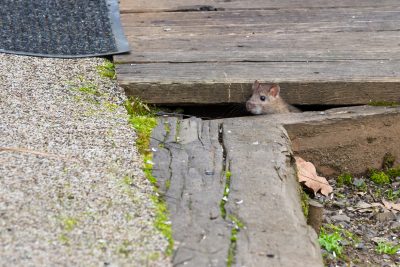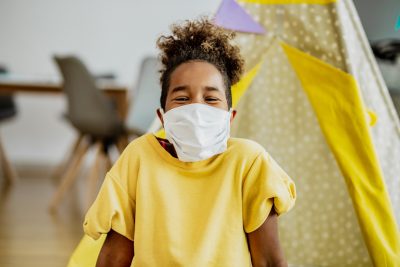Winter Safety: Indoor Tips
Winter is a time when household fires occur and it is a good time to remember to heat your home safely. With temperatures falling outside, your reaction might be to raise the heat, and that can include supplemental heaters, a fireplace or other open flames. These safety tips can keep away the winter chill without risk:
- Keep candles, kerosene lamps, and other open flames out of reach of children at all times.
- Do not allow children to play in fires such as roasting marshmallows in a fireplace.
- Do not use electric blankets for young children.
- Before temperatures fall below freezing, make sure your home’s heating equipment and your smoke and carbon monoxide detectors function properly.
- Buy and install smoke alarms on every floor of your home and test them monthly.
- If you own a space heater, keep it away from small children and never put a space heater in a child’s room.
- Always discuss fire safety with your family
- Blankets, quilts, pillows, sheepskins and other loose bedding may contribute to Sudden Infant Death Syndrome (SIDS) and should be kept out of an infant’s sleeping environment. Single clothing like one-piece sleepers are preferred.
- If a blanket must be used to keep a sleeping infant warm it should be tucked in around the crib mattress and only reach to the baby’s chest to prevent covering the face.
Health tips:
- If your child suffers from winter nosebleeds, try using a cold air humidifier in the child’s room at night. Do not purchase warm or steam humidifiers as they are a very large burn risk especially for small children.
- Saline nose drops may help keep tissues moist. If bleeding is severe or recurrent, consult your pediatrician.
- Many pediatricians feel that bathing two or three times a week is enough for an infant’s first year. More frequent baths may dry out the skin, especially during the winter and always apply lotion to skin within 5 minutes of bathing.
- Cold weather does not cause colds or flu. But the viruses that cause colds and flu are seasonal and more common in the winter. In addition, children are in school and are in closer contact with each other. Frequent hand washing should be encouraged and teaching your children to cover mouths with any sneeze or cough will help reduce the spread of colds and flu.
- Children between 6 months and 18 years of age should get the influenza vaccine to reduce their risk of catching the flu.





Comments